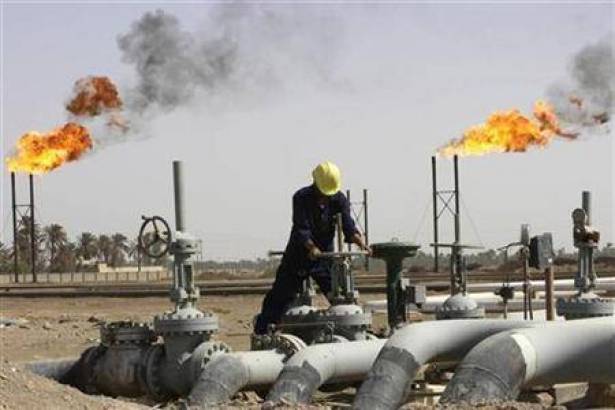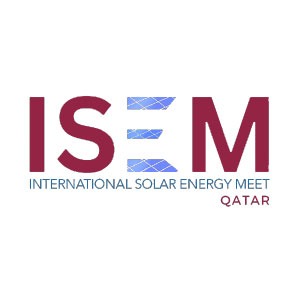- ASRY Awarded 2024 RoSPA Gold Medal in Health and Safety
- BP ponders shifting focus away from renewables, say sources
- QatarEnergy enters 10-year naphtha supply agreement with Japan’s ENEOS Corporation
- The International Energy Agency expects oil demand growth to slow in 2024
- The International Monetary Fund re-selects Kristalina Georgieva as its director
- Libya to target producing 1.4 million b/d by end 2024
- TotalEnergies launches the Marsa LNG project and deploys it multi-energy strategy in Oman
- H.E. Minister Al-Kaabi: Demand for oil and gas will continue for long; we have to be responsible, and Qatar is doing its part
- Egypt to stop exporting LNG starting from the beginning of May 2024
- QatarEnergy selects Nakilat to own and operate 25 conventional LNG vessels

Iraq’s Kurdistan negotiates $3 billion oil pre-payment deals

Iraq’s Kurdistan has agreed new deals to borrow $3 billion from trading houses and Russian state oil firm Rosneft that will be guaranteed by future oil sales to strengthen its fiscal position as the semi-autonomous region fights Islamic State.
Kurdistan’s natural sources minister Ashti Hawrami told Reuters the new deals had been concluded in recent weeks. The region also negotiated grace periods of between 3 and 5 years for repaying the debt.
Trading houses have been pre-financing Kurdish oil exports for the past two years after the government in Erbil decided to start independent oil exports via Turkey’s Mediterranean terminals.
Kurdistan says it needs to export oil independently as Baghdad has not paid Erbil its budget share just as the region needs money to fight Islamic State and host Syrian refugees.
Baghdad has said it would sue buyers of Kurdish oil, arguing that the central government was the only legal exporter. The new Baghdad government has softened its stance, however, as it cooperated with Erbil against Islamic State in Mosul.
“This helps our economic independence although it is important to understand that this cannot be achieved just by oil revenues and higher oil prices. We also need to press on with our economic reforms,” Hawrami said in an interview in London.
“We have learnt a lot from the oil price shock, the costs of fighting ISIS, and the burden of some 1.8 million refugees coming to our territory… Reform is a must – we have a lot of debts to deal with.”
He also said relations with Baghdad were improving. “We didn’t hear any negative comments from them after the deal with Rosneft. They know we are selling our oil. And actually if we help each other rather than hindering progress, we can both achieve better prices as buyers will not be able to seek unreasonable discounts.” He also said the fact that Erbil was now selling some barrels for Baghdad from the northern Kirkuk field was evidence of improving relations.
Kurdistan’s existing pipelines can handle just over 650,000 barrels per day of exports and more investments are needed to bring that capacity to 1 million bpd, including upgrading of pumping stations, said Hawrami. Investments have dried up in the last two years because of the oil price crash and attacks by ISIS,” he said.
Kurdistan is planning to offer some 20 blocks of land for exploration to investors. The region took some blocks back from investors after discovering they did little exploration, said Hawrami without naming the companies.










